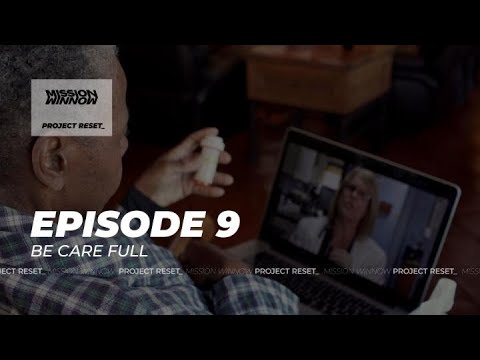
Looking Ahead
Video Articles
The true cost of ageing
4 minute read
The rich world is ageing fast, and as people continue to live longer lives, societies are forced to face the challenge of trying to afford the exceedingly elevated costs of caring for their growing elderly population.
Our current model of life, the three-stage model where you educate, you work and you retire, is becoming more and more unsustainable. And it all boils down to money. The moment people retire, they start costing society more money. The costs of pensions and healthcare alone can quickly become unsustainable, while a shrinking workforce can also cause GDP growth and investment to slow, which threatens economic stagnation.
Why is this a problem? According to the UN in the 1950’s there were more than double the people in their 20s compared to those in their 60s, but today, the number of individuals in their 60’s has nearly tripled, which means there is a wider gap between the number of children and retirees relative of those to working age. This gap is known as the dependency ratio and, when it changes, it can mean there are fewer workers to support the elderly.
With this in mind, several countries are now attempting to review new ways of reducing the dependency ratio including raising the retirement age, encouraging the immigration of skilled workers and improving childcare previsions to encourage more women to work. But these are not enough; many people believe there needs to be a fundamental shift in how we think about the different more traditional life stages.
In the UK, for instance, there is an online community called Rest Less which was born with the aim of helping retirees who want to continue working. It was set up by Stewart Lewis when he realized that there are a wide range of life needs in the demographic of people in their 50’s and 60’s that need to be met in a more holistic approach across health, community and social networking. The goal is to help people navigate one of the biggest transitions they will face in their lifetimes.
Encouraging people to make use of these still healthy years could help unlock economic potential that’s being lost in retirement. However, in line with this, also need to make sure we set up the infrastructure to make this possible, from more flexible ways of tapping into pension savings to employers having a more openminded approach.
These more flexible attitudes towards retiring could help reduce the economic burden of increasingly elderly populations, but eventually most people will need some form or medical or social care, and that is expensive. More so considering many countries have not yet grappled with the reality of having to set up decent social care systems.
In the decades before, social care used to happen informally inside families, with younger generations taking care of the old. This is a labor-intensive thing to do, and in many developing countries, when people can no longer care for themselves, the typical answer is to move them out of their homes and communities and into residential care.
Residential care, in addition to being increasingly unaffordable, can also fail to address the emotional needs of elderly people. It is a fairly reactive approach that is based on several metrics of success that are more about statistics and less about a community approach.
In the hopes of breaching the gap between strict medical care and community-based care is an organization called Buurtzorg in the Netherlands. Buurtzorg uses local nursing teams who know the community and who are given real autonomy in how they manage their workload, meaning that nurses can take the time they need to manage each of their specific patient’s needs and ensure they are given the right care to continue living safely in their own homes.
The other key to Buurtzorg’s philosophy is setting time aside to talk to the patients and build a deeper understanding of their needs and aspirations. And while it might seem that this attentive and dedicated approach should drive up the costs, the opposite is true. Studies by Ernst & Young and KPMG found that Buurtzorg delivered over 30% costs and 50% care compared to other existing Dutch care systems.
What solutions like Buurtzorg and Rest Less show is that in order to find solutions, simply throwing more money at the problem of an increasingly aging population is not going to be enough. We need a much bigger rethink that we can’t keep postponing. A change needs to happen, and it needs to happen now.
If you would like to get a more in depth look at how should the challenges caused by rapid urbanization be handled in the world ahead, please check out the companion film by The Economist and learn more about the world ahead.
more content we think you'll like
-
Project RESET_

Episode 10 World Up!
Across our Project Reset series, we have asked what the future could look like if we take these past few months of adversity as an opportunity to make positive changes, tackling everything from healthcare, to social media, mental health, consumerism, sports and entertainment with the help of experts in their field.
-
Project RESET_

Episode 9 Be Care Full
As the world moves through a global health crisis, the issue of health care has been under the spotlight around the world.
-
Project RESET_

Episode 6 Entertain Me
When it comes to global entertainment, the pandemic has created a real paradox.